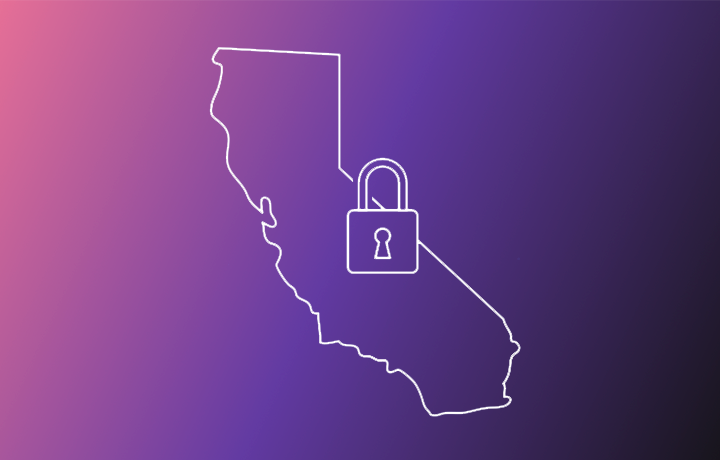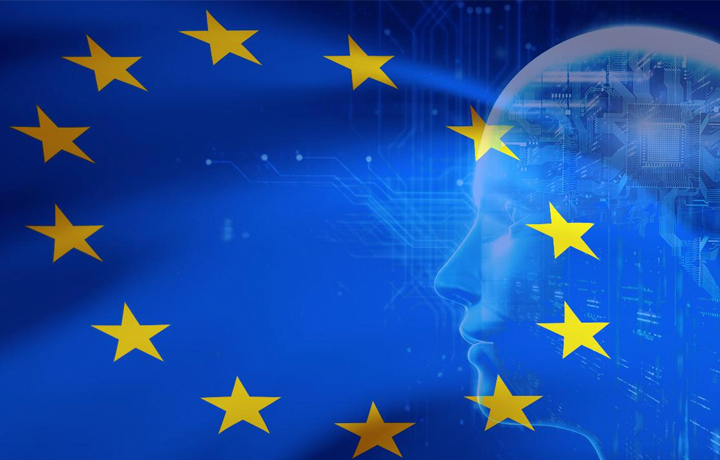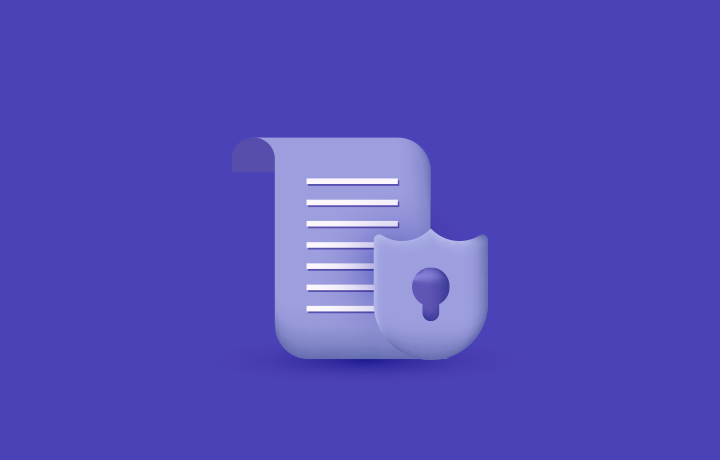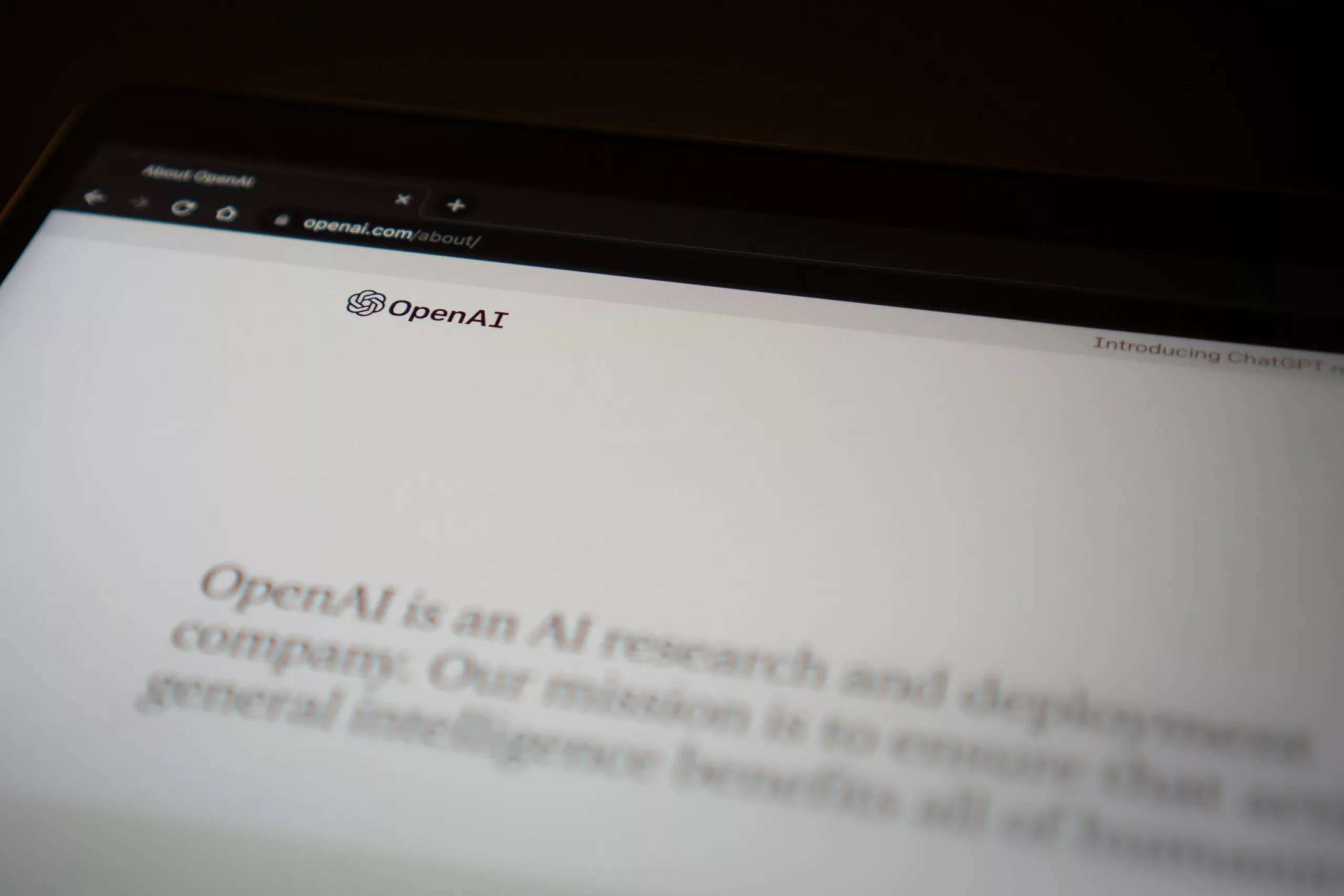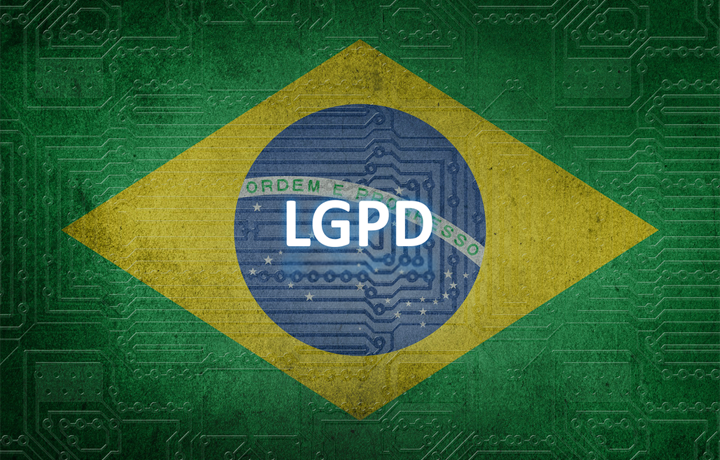The CCPA, CPRA, and California’s Evolving Data Protection Landscape
The California Consumer Privacy Act (CCPA) has been in effect since January 1, 2020, and it has impacted the way businesses collect, use, and protect consumers’ personal information considerably. Just over 9 months later, California voters approved Proposition 24, the California Privacy Rights Act (CPRA), which amends the CCPA and strengthens California’s data privacy laws … Read more

